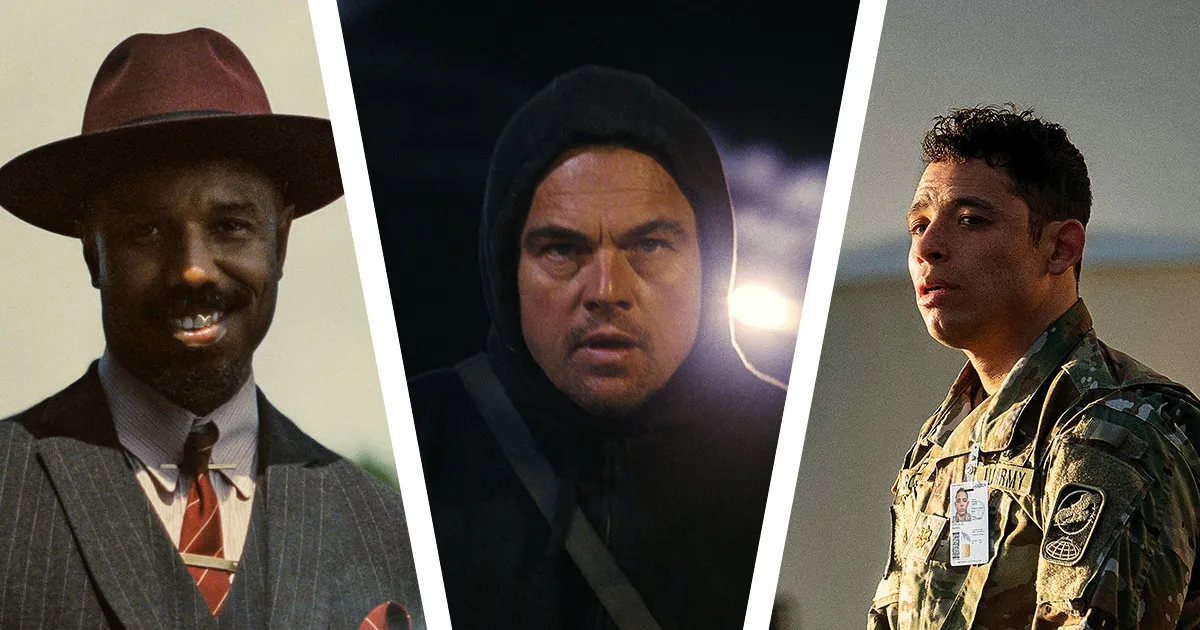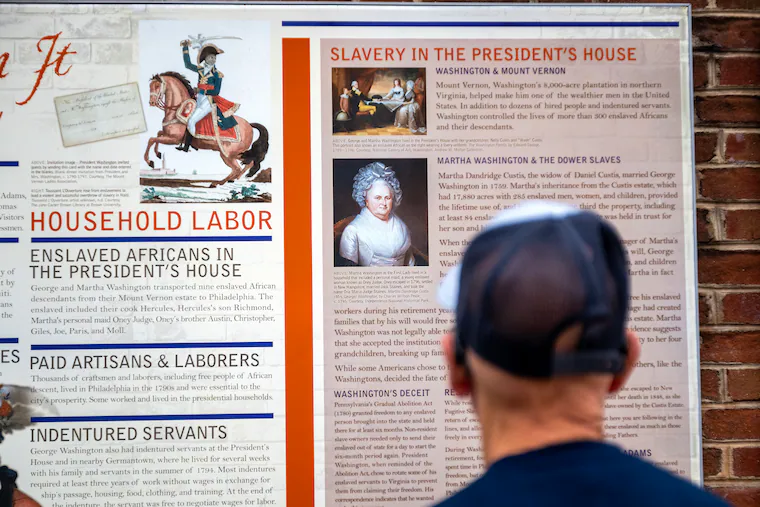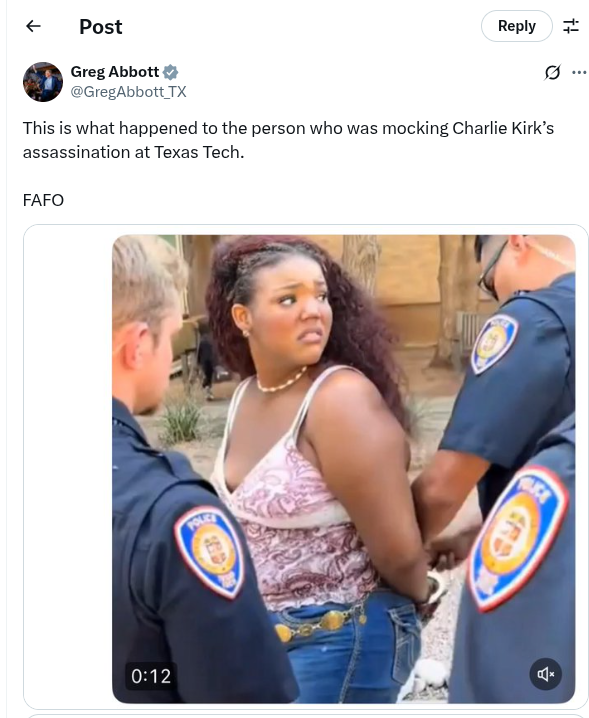
The air is getting chilly, the leaves are starting to turn, and Oscar geeks are analyzing the buzz out of Venice, Telluride, and Toronto like tea leaves at the bottom of a mug — that’s right, Oscar season is here. Welcome to another season of Gold Rush, where we’ll be parsing all the narratives, precursor awards, and industry chatter that accompanies the annual competition for the Academy’s favor. We’ll also be tracking who’s up and who’s down in the major categories every week in the Oscar Futures rankings. Those will start next Friday — for now, let’s talk about the storylines that will shape this year’s awards race. There’s no such thing as winning an Oscar on pure merit; even if it’s only subconsciously, voters consider dozens of things — a director’s career arc, an actor’s likability, a film’s sense of importance — over the course of the season before casting their ballots.
Last year was dominated by, among other things, Neon’s rise to industry prominence with Anora, the formal grandeur of The Brutalist, the roller coaster of hype and backlash that was Emilia Pérez, and Demi Moore’s career comeback with The Substance. This year, we’ve got vampires, revolutionaries, maybe-alien CEOs, and Bruce Springsteen, not to mention Elphaba and Galinda putting their friendship to the test. How do we sort it all out? We can start with the big hit of the spring.
Can Sinners go the distance?
For months, the only Oscar narrative with any staying power has surrounded Sinners, Ryan Coogler’s juke-joint vampire quasi-musical that blew critics away in April and dazzled audiences to the tune of $278 million domestic. Sinners has a path laid out before it, one potentially similar to Get Out — another crowd-pleasing work of social commentary from the first third of the year that was able to maintain its momentum and nab a Best Director nomination for an exciting young Black filmmaker.
But Coogler’s Oscar history warns us not to count our chickens before they hatch. His 2013 debut, Fruitvale Station, got a ton of awards attention at Sundance, particularly for young Michael B. Jordan, but the Weinstein Company dropped the ball when it came to that fall’s Oscar push. Creed, in 2015, brought more rave reviews for Coogler and Jordan, only for the sole awards spotlight to fall on Sylvester Stallone. Black Panther was at last Coogler’s big Oscar hit, scoring a Best Picture nomination and three wins overall … but neither Coogler (in Best Director) nor Jordan (in Supporting Actor) were nominated.
So either Sinners will be a long-time-coming breakthrough for Coogler and Jordan … or the Academy will get squeamish about something. There will be plenty of hairsplitting over what kind of movie Sinners is — drama? horror? musical? — and whether it’s too bloody or bold or confrontational in its message about Black culture being co-opted by white business for voters’ tastes. On the bright side, the Academy membership has recently shown itself to be increasingly cool with challenging, genre-bending material, from Everything Everywhere All at Once to Barbie. And in a year when awards expectations have frequently evaporated once people actually started to see the movies, there is great value in one like Sinners, which has already passed the test with critics and audiences.
Is it Paul Thomas Anderson’s time?
With One Battle After Another opening this week, I wrote about the Oscar chances for PTA’s latest, which has gone over like gangbusters with critics. There will be plenty of narrative to go around for this movie, from Leonardo DiCaprio pushing for a second Best Actor Oscar to the prospect of Sean Penn getting a third Oscar to the question of which Supporting Actress contender will emerge: the fierce Teyana Taylor or the fresh-faced Chase Infiniti. And that’s not even getting into how the movie’s plot — set against the backdrop of a white-supremacist American regime and the revolutionary movement determined to fight it — speaks to this particular moment in America.
What horse(s) will Netflix ride into Oscar season?
As is typical, Netflix enters the fall with more Oscar contenders than any studio would know what to do with. And while everybody assumes they’ll eventually focus that down to twoish major contenders, the fall festivals didn’t exactly clarify what movies those should be.
Venice was not kind to either Noah Baumbach’s Jay Kelly nor Guillermo del Toro’s Frankenstein. And while the latter did finish as a runner-up for Toronto’s People’s Choice Award (famously, 15 of the previous 17 People’s Choice winners have gone on to a Best Picture nomination), the critical consensus on Frankenstein remains muted apart from praise for Jacob Elordi’s performance as the monster. Jay Kelly seems to be in a better position, as it’s a film about a longtime movie star (George Clooney) reflecting upon his life and choices. “Hollywood loves movies about itself” is at this point a cliché, but that doesn’t make it not true. Even without critical support, Baumbach, Clooney, and co-stars like Adam Sandler and Laura Dern hitting the campaign trail should be enough to keep the movie in the Oscar mix.
One Netflix movie that did seem to go over well in Venice was Kathryn Bigelow’s A House of Dynamite. Bigelow, the first woman to ever win the Oscar for Best Director, hasn’t been in the Oscar mix since 2012’s Zero Dark Thirty. She’s back with a nerve-jangling war-room thriller about a nuclear missile headed toward the United States. There’s also director Clint Bentley’s Train Dreams, which premiered to great acclaim at Sundance and is the kind of small-yet-exquisite movie that would benefit from a studio that didn’t have three massive Oscar contenders to deal with this fall.
And that’s not all! After consecutive Best Picture nominations for All Quiet on the Western Front and Conclave, director Edward Berger is back with Colin Farrell as a Las Vegas gambler in Ballad of a Small Player. Richard Linklater presents his ode to the French New Wave with Nouvelle Vague. Kate Winslet will sneak her directorial debut in just before the year is over with Goodbye June. And Rian Johnson is back with the latest Benoit Blanc mystery, the TIFF-favorite Wake Up Dead Man. And that’s not even getting into the animated K-Pop Demon Hunters, which is currently the betting favorite to win both Best Animated Feature and Best Original Song.
Of course, once Netflix decides which movie(s) it will most aggressively push for Oscars, the follow-up question becomes: Can Netflix finally get over the hump and win Best Picture? It’s tough to see a winner in any of its contenders at the moment, but Lord knows the streamer is going to try.
How much will Cannes matter?
Up until 2019, only two films had ever taken both the Palme d’Or at Cannes and the Best Picture Oscar: 1945’s The Lost Weekend and Marty ten years later. Then came Parasite and last year’s Anora. As the Academy’s membership has grown more international, Cannes has become a much more important factor in the Oscar race than it used to be. Recent Best Picture nominees that debuted at the festival include The Substance, Emilia Pérez, Anatomy of a Fall, The Zone of Interest, Triangle of Sadness, and Drive My Car, among many others.
The 2025 festival premiered several compelling contenders. Palme d’Or winner It Was Just an Accident comes from renowned Iranian filmmaker Jafar Panahi, whose personal story of imprisonment and exile from Iran should draw a response from awards voters. Meanwhile, Joachim Trier’s Sentimental Value has been pegged as an Oscar hopeful since it debuted; the director’s last collaboration with star Renate Reinsve, The Worst Person in the World, notched a surprise screenplay nomination in 2021. The film also features a pair of actors who have long eluded Oscar attention — Stellan Skarsgård and Elle Fanning — who could be looking at first-time nods.
Other Cannes titles will contend as their home country’s representative for the Best International Feature Oscar, including Spain’s Sirât, Brazil’s The Secret Agent, Germany’s Sound of Falling, and Colombia’s A Poet.
Will the Emma Stone-Yorgos Lanthimos combo score again?
For the fourth time in eight years, the director-actress team of Yorgos Lanthimos and Emma Stone is threatening to win awards with one of the most fascinating movies of the fall season. Twice before this has worked out quite well, with 2018’s The Favourite (ten Oscar nominations, including Lanthimos for Best Director and Stone for Best Supporting Actress) and 2023’s Poor Things (11 Oscar nominations, including Best Director for Lanthimos and Stone’s second Best Actress win). The tepid response to Kinds of Kindness last year proved it’s not a foolproof formula, but Bugonia could be a return to form. Stone plays a CEO who gets kidnapped by a pair of conspiracy theorists who are convinced she’s an alien sent to destroy the planet. The subject matter, cracked as it is, certainly speaks to our conspiracy-drenched times, and the early word on Stone, and especially Jesse Plemons as one of the kidnappers, is positive.
Can Hamnet ride a wave of tears to the Oscar stage?
If there’s one movie that you could say “won” the fall festival season, it would be Chloé Zhao’s Hamnet. The Oscar-winning Nomadland director has adapted Maggie O’Farrell’s novel, a fictionalized depiction of William Shakespeare (Paul Mescal) and his wife, Agnes (Jessie Buckley), coping with the death of their son. After premiering at Telluride, word got around quickly that the film — and, in particular, Buckley’s performance — was leaving audiences in tears. The same held true in Toronto, where the film won the good-omen People’s Choice Award. If Hamnet earns a Best Picture nomination, it’ll be a comeback story for Zhao after her Marvel misadventure with Eternals. But the bigger story may well be Buckley, who is already being talked about as a front-runner to win Best Actress.
Is Best Actor the year’s bloodbath category?
Some people think the Best Actress award is all but sewn up for Buckley, but Best Actor could be the most competitive category on the ballot. You could make a case for easily seven or eight people. If One Battle After Another does end up as the Best Picture front-runner, you can’t deny that Leonardo DiCaprio would have a strong case for his second Oscar. On the flip side, if Sinners ends up in the driver’s seat, Michael B. Jordan’s dual performances would benefit.
Timothée Chalamet’s performance as Bob Dylan last year nearly beat Adrien Brody for the trophy, and if he scores again this year as a ping-pong champion in Josh Safdie’s Marty Supreme, that momentum could pick up right where it left off. Of course, Disney and 20th Century Studios are hoping they can follow Chalamet’s playbook with their own rock biopic and push Jeremy Allen White to a win for Springsteen: Deliver Me From Nowhere.
Compelling narratives abound among the top Best Actor contenders. Dwayne Johnson plays an MMA fighter in Benny Safdie’s The Smashing Machine, following the classic path of a popcorn-movie performer finally taking on a serious role. Daniel Day-Lewis is starring in his first movie since 2017, acting in his son Ronan’s directorial debut, Anemone. George Clooney is playing a movie star reflecting and reckoning with his life and relationships in Noah Baumbach’s Jay Kelly, ticking a crazy number of boxes on the Things Oscar Voters Respond To checklist.
Jesse Plemons, as mentioned above, is getting great notices for Bugonia. Wagner Moura, meanwhile, has been on the Best Actor radar since Cannes for The Secret Agent. And if Buckley is a shoo-in for Best Actress, the only thing that could stop Paul Mescal getting a Best Actor nomination for Hamnet is if Focus decides to campaign him in Best Supporting Actor.
At this point, “Who’s going to win Best Actor?” is a question that can wait. “How are they going to whittle this list down to five names?” is the better question.
Will Oscar voters rubber-stamp the season’s two big blockbusters?
There was a long stretch of Oscar history when it was assumed that sequels were just not worthy of Academy consideration in major categories. The Godfather Part II was the exception, not the rule. The Lord of the Rings broke with that tradition in the early 2000s, and the past few years have seen numerous examples of sequels and franchise installments getting into the Best Picture race, from Dune, Part Two to Avatar: The Way of Water to Black Panther. This year, two franchise extensions have major Oscar ambitions: Wicked: For Good follows up last year’s most financially successful Best Picture nominee with the second part of the Broadway musical adaptation; and James Cameron is back again with a third Avatar movie, this one called Fire and Ash.
The previous Avatar installment, 2022’s The Way of Water, snagged a Best Picture nomination but only four nominations overall, down from the nine the first film received. You get the feeling that Fire and Ash may have to deliver something remarkable and surprising to get that third consecutive Best Picture nomination.
Wicked: For Good may not suffer the same degree of diminishing returns only one year later; the bigger concern could be that For Good turns out to be a disappointing follow-up. Wicked benefited from surpassing a lot of dubious expectations; For Good won’t have that luxury.
Can we really make something happen for Weapons?
And now for a silly one … but one we shouldn’t automatically rule out. Weapons was the horror sensation of the summer, and it featured a buzzy, galvanizing performance from Amy Madigan as Aunt Gladys. The calls for an Oscar campaign came almost immediately, and as wry and tongue-in-cheek as some may have been… is it so crazy? Horror villains have been nominated before, from Piper Laurie in Carrie to Anthony Hopkins in The Silence of the Lambs. Recent acclaimed horror performances, from Toni Collette in Hereditary to Florence Pugh in Midsommar, didn’t gain traction, but Supporting Actress could be an easier category to crack. The bottom line is this: The Oscars would be more fun with an Amy Madigan nomination, and she deserves it. Let’s make this happen!



